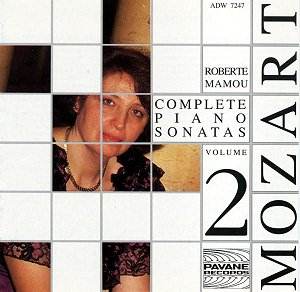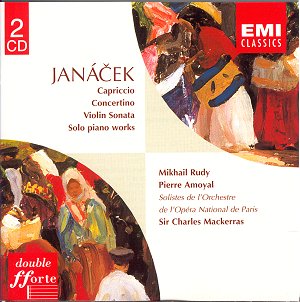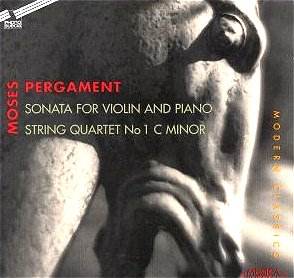
 Composer: Wolfgang Amadeus Mozart
Composer: Wolfgang Amadeus Mozart
Works: Piano Sonatas, Volume 4: Sonata in F major, K332; Sonata in B flat major, K333; Fantasia in C minor, K475; Sonata in C minor, K457
Performers: Roberte Mamou (piano)
Recording: 1991, Ghent
Label: Pavane ADW7249
Mozart’s piano sonatas represent a pivotal exploration of form and emotive expression in the Classical era, showcasing his evolution as a composer. Volume 4 of Roberte Mamou’s series revisits works from the 1770s and early 1780s, providing a window into Mozart’s stylistic development during his transition from Salzburg to Vienna. The two sonatas included from 1778, K332 and K333, are rich in melodic invention, while the later C minor works, K475 and K457, reveal a more profound emotional landscape that marks Mozart’s maturation as an artist.
Mamou’s interpretations across these varied pieces exhibit a deep sensitivity to their distinct musical characters. In the F major Sonata, K332, her choice of tempo and phrasing reveals a keen understanding of the work’s playful spirit. The opening Allegro is marked by a buoyancy that encapsulates Mozart’s light-heartedness, while the Andante’s lyrical lines are rendered with a careful balance between expressiveness and restraint. Notably, the third movement, Allegretto, showcases her ability to navigate the complex interplay of thematic material with grace, a testament to her technical prowess.
The B flat major Sonata, K333, contrasts the previous work with a more lyrical and expansive approach. Here, Mamou’s articulation in the slow movement, the Andante cantabile, is particularly notable; she imbues the melody with a singing quality that brings forth the tender nostalgia inherent in Mozart’s writing. The flowing phrases seem to breathe, enhancing the emotive depth that characterizes this sonata. However, the recording’s somewhat dry acoustic may detract from the intimate atmosphere that the music demands, a minor drawback in what is otherwise a commendable interpretation.
Transitioning to the C minor Fantasia, K475, Mamou embraces the work’s turbulent emotionality with a compelling intensity. This piece, often performed alongside the C minor Sonata, serves as a bridge to the more complex emotional landscapes that define Mozart’s later Viennese compositions. The Fantasia’s expansive structure allows Mamou to showcase her interpretative range, particularly in the contrasting sections that oscillate between turmoil and tranquility. The dramatic contrasts in dynamics and tempo are handled with a deft touch, particularly in the climactic moments, where her nuanced control of the instrument comes to the fore.
The C minor Sonata, K457, further exemplifies Mozart’s dramatic evolution. Mamou’s performance takes on a more somber tone, reflecting the work’s introspective nature. The depth of musical language here is palpable; Mamou’s phrasing resonates with a weight that invites the listener into Mozart’s intricate emotional world. The technical demands of the piece are met with confidence, her articulation clear and precise, allowing the intricate counterpoint to shine through. The recording captures these subtleties well, offering a pleasing sonic environment that supports her interpretative choices.
Roberte Mamou’s performances across this volume are marked by a thoughtful engagement with the music that reflects both her technical skill and interpretive insight. While her interpretations stand up well against those of more prominent artists such as András Schiff and Daniel Barenboim, offering satisfying alternatives, there remains a sense of personal touch that makes her renditions distinct. The absence of detailed programme notes, however, feels like a missed opportunity to deepen the listener’s understanding of these enduring works.
A notable reissue, this volume of Mozart’s piano sonatas by Roberte Mamou serves not only as a reminder of the brilliance of the composer but also as an affirmation of Mamou’s interpretative gifts. The careful attention to detail, coupled with a nuanced emotional understanding of the music, makes this collection a worthwhile addition to the discography of Mozart’s piano works. The series overall promises a rewarding journey through the composer’s evolving sound, one that is marked by both technical mastery and heartfelt expression.



